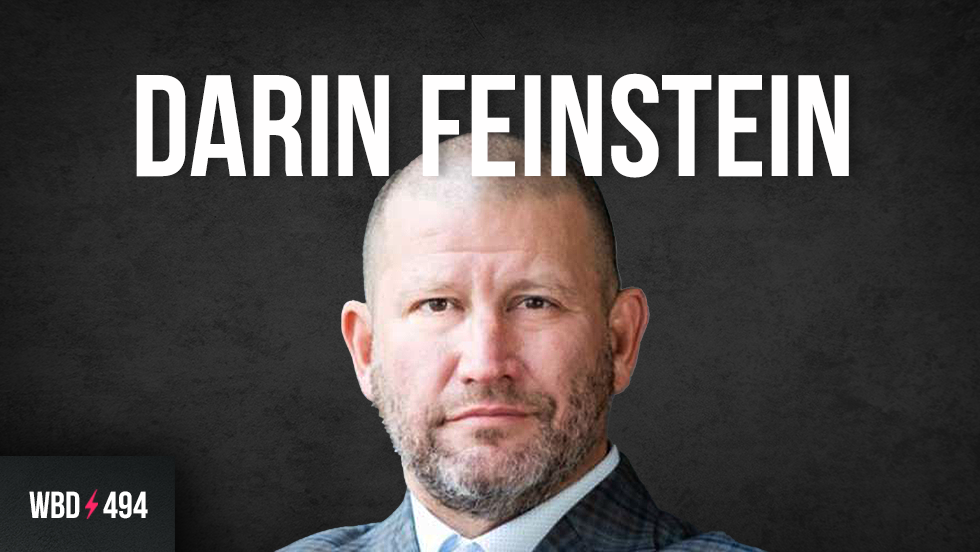Darin Feinstein, an early investor in Bitcoin, co-founded Core Scientific, one of the largest Bitcoin mining operations. In this interview, we discuss the revolution of triple-entry accounting, providing 8 billion people property rights and banking, combating FUD, and rapid advances in mining chips.
“The one thing that’s certain is it’s never going away because this is the best accounting technology, which is instrumental to run the world, that has ever been invented. And so the rest of it is just noise to me, it’s going to go up, it’s gonna go down, the daily price fluctuations are meaningless, we just keep building. ” — Darin Feinstein Bitcoin is causing tectonic shifts in global financial and political systems that have companies, authorities, and nations reeling. This creates a lot of noise. But, has this resulted in the community easing off on extolling Bitcoin’s principal revolutionary characteristic – the consensus protocol? And, does that open it up to attack?
Triple entry accounting, the trustless verification of peer-to-peer transactions, is an innovation that is arguably in the same league as the wheel or printing press. For Bitcoiners, this understanding is implicit; discussions have moved on to other more immediate concerns. However, because we’re still so early there is widespread ignorance of why Bitcoin has such transformative power. Has this created a space for those wanting to undermine Bitcoin?
The industry has had to contend with FUD since the early days. The constant risk is that those in positions of great power don’t have the necessary knowledge to separate fact from fiction. Is this why there are serious considerations being given at the highest levels to banning proof of work consensus? The unavoidable issue is that challenging the status quo is hard. And, the status quo will always exploit weakness. As such, is it possible to have a decentralized community without a centralized voice? Would we fail without the efforts of the likes of the Bitcoin Mining Council and the Bitcoin Policy Institute?
These questions are becoming increasingly important: the greater the scale of adoption, the more severe the response. China banned Bitcoin because it was a great idea that threatened their top-down ideology. The US benefited from this, but there are still voices who would see a ban on this side of the Pacific. New York is already considering its own ban on mining. Our enduring advantage is that we have truth on our side – Bitcoin is the greatest money system invented. Will that be enough?
